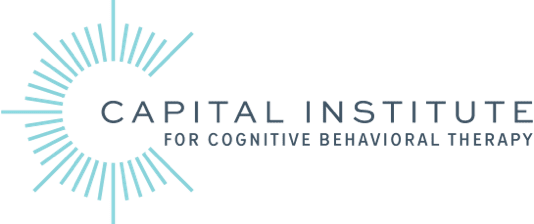Depression in Teens: How Parents Can Help
Teenagers often experience moments of sadness or moodiness. However, persistent sadness or a significant change in behavior over an extended period may indicate depression. Left untreated, depressive symptoms can get worse and lead to other problems, including declining academic performance, difficulties in relationships with peers and family, substance abuse and self-harm behaviors. The good news is timely intervention can help teens recover from depression and get back on track with their lives.
If you suspect your teenager is struggling with depression, engage in a conversation with them. Let them know what you are seeing in an open, non-judgmental way. Express your desire to understand their experience and offer a listening ear. Arrange an appointment with their physician or a mental health professional to assess for depression.
Signs of Depression in Teens:
Parents may observe prolonged sadness or irritability in their teenagers, accompanied by other signs, including:
- A pessimistic attitude, with a focus on failures or negatives, and difficulty recognizing positives.
- A decline in energy, interest, or pleasure in previously enjoyed activities
- Sleep pattern alterations, either excessive sleep or insomnia.
- Appetite changes, resulting in weight loss or gain.
- Academic challenges, with a noticeable drop in performance or engagement.
- Withdrawal from social interactions and family engagement.
- Risky behaviors and/or increased conflict, with some teenagers resorting to substance abuse or self-harm.
- Suicidal thoughts or expressions should be taken seriously, with immediate steps taken to seek professional help.
Understanding Teen Depression:
Depression in teens can stem from a number of factors, including genetics, hormonal changes, and life experiences. A family history of depression and seasonal changes can contribute. Additionally, personal challenges such as trauma, loss, or family conflict can play a role in depression, though not every teenager experiencing these events will become depressed.
Benefits of Therapy for Depressed Teens:
Therapy offers a platform for teenagers to understand and work through their depression, helping them to:
- Think more realistically and optimistically.
- Learn practical coping skills
- Express and manage their emotions.
- Improve relationships and feel more connected.
- Regain motivation.
- Reduce risky and harmful behaviors.
- Strengthen family relationships and personal resilience.
How Capital Institute Can Help:
The Capital Institute for Cognitive Behavioral Therapy is dedicated to supporting teenagers through their struggles with depression. Our Bethesda office serves children as young as 2 through high school, as well college students, adults and families. Our Washington, D.C. office specializes in treating individuals, couples and families, offering targeted care for teens 16 or older and young adults.
Our experienced therapists know how to connect with teens. We get to know them, their strengths and their struggles. This allows us to craft an individual treatment plan that is tailored for your teen. We used evidence-based therapeutic strategies, including Cognitive Behavioral Therapy (CBT), Acceptance and Commitment Therapy (ACT) and Dialectical Behavior Therapy (DBT), that have been proven effective in clinical trials.
Our aim is to help your teenager learn new coping strategies, overcome their challenges, foster stronger family bonds, and tap into their innate strengths to pave the way for recovery and enhanced well-being. Whether you’re near our Bethesda office or closer to our D.C. location, we’re here to provide the necessary support and guidance for your teen’s journey toward mental health and resilience.
